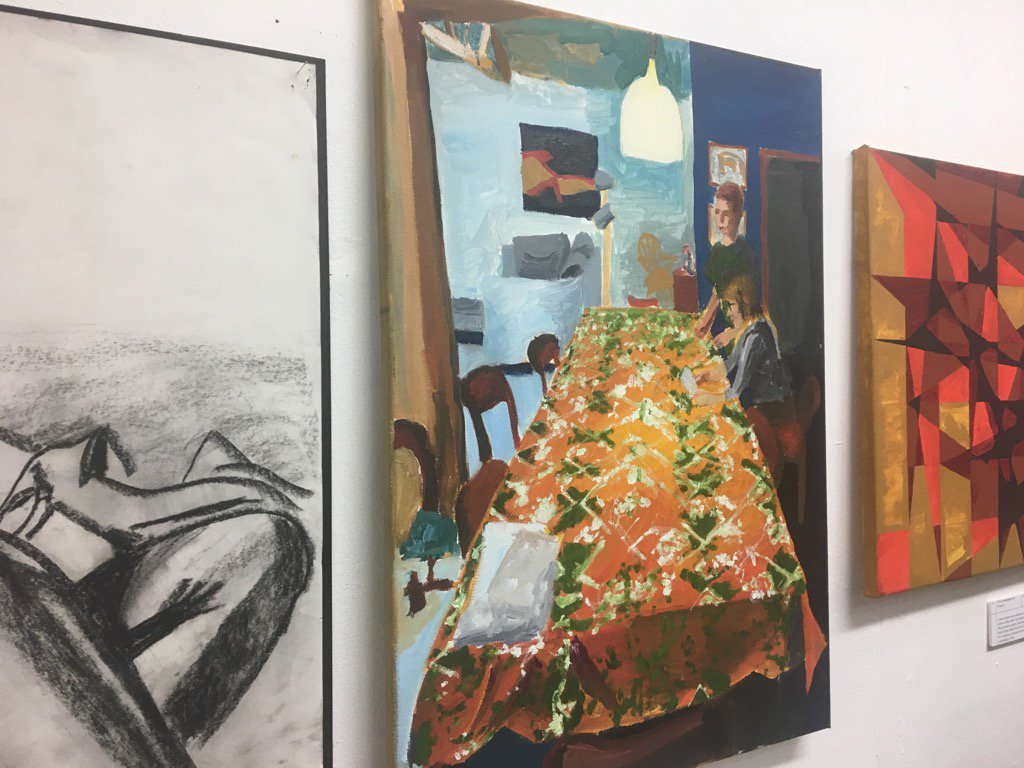
Woman of the Week- Marian Anderson
Published on 10/11/16
Marian Anderson was an important figure in the struggle for black musicians to
overcome racial prejudice in the United States of America during the mid-twentieth century.
When Marian was a young girl her father died leaving the  family with no steady income. This meant that her mother struggled to send her and her siblings to school and was unable to fund Marian's singing lessons. Despite this, Anderson continued to perform wherever she could and learn from anyone who was willing to teach her. After high school Anderson tried applying to an all white music academy but was turned away with a note from the woman working the admissions counter which read, "We don't take coloured". Undaunted by this experience Marian continued to peruse music, hiring private tutors to further her education. Her perseverance paid of and slowly she started getting offers to perform at large venues. However in 1939, the Daughters of the American Revolution (DAR) refused permission for Marian to sing to in Constitution Hall. The incident placed Marian into the spotlight of the international community on a level unusual for a classical musician.
family with no steady income. This meant that her mother struggled to send her and her siblings to school and was unable to fund Marian's singing lessons. Despite this, Anderson continued to perform wherever she could and learn from anyone who was willing to teach her. After high school Anderson tried applying to an all white music academy but was turned away with a note from the woman working the admissions counter which read, "We don't take coloured". Undaunted by this experience Marian continued to peruse music, hiring private tutors to further her education. Her perseverance paid of and slowly she started getting offers to perform at large venues. However in 1939, the Daughters of the American Revolution (DAR) refused permission for Marian to sing to in Constitution Hall. The incident placed Marian into the spotlight of the international community on a level unusual for a classical musician.
 family with no steady income. This meant that her mother struggled to send her and her siblings to school and was unable to fund Marian's singing lessons. Despite this, Anderson continued to perform wherever she could and learn from anyone who was willing to teach her. After high school Anderson tried applying to an all white music academy but was turned away with a note from the woman working the admissions counter which read, "We don't take coloured". Undaunted by this experience Marian continued to peruse music, hiring private tutors to further her education. Her perseverance paid of and slowly she started getting offers to perform at large venues. However in 1939, the Daughters of the American Revolution (DAR) refused permission for Marian to sing to in Constitution Hall. The incident placed Marian into the spotlight of the international community on a level unusual for a classical musician.
family with no steady income. This meant that her mother struggled to send her and her siblings to school and was unable to fund Marian's singing lessons. Despite this, Anderson continued to perform wherever she could and learn from anyone who was willing to teach her. After high school Anderson tried applying to an all white music academy but was turned away with a note from the woman working the admissions counter which read, "We don't take coloured". Undaunted by this experience Marian continued to peruse music, hiring private tutors to further her education. Her perseverance paid of and slowly she started getting offers to perform at large venues. However in 1939, the Daughters of the American Revolution (DAR) refused permission for Marian to sing to in Constitution Hall. The incident placed Marian into the spotlight of the international community on a level unusual for a classical musician.With the aid of First Lady Eleanor Roosevelt and her husband Franklin D. Roosevelt, Anderson performed a critically acclaimed open-air concert on Easter Sunday, April 9, 1939, on the steps of the Lincoln Memorial in Washington, D.C. She sang before a crowd of more than 75,000 people and a radio audience in the millions. Anderson continued to break barriers for black artists in the United States, becoming the first black person, American or otherwise, to perform at the Metropolitan Opera in New York City on January 7, 1955.
A link to a clip where Marian is singing at Lincoln's memorial service:
- Tanvi Velankar